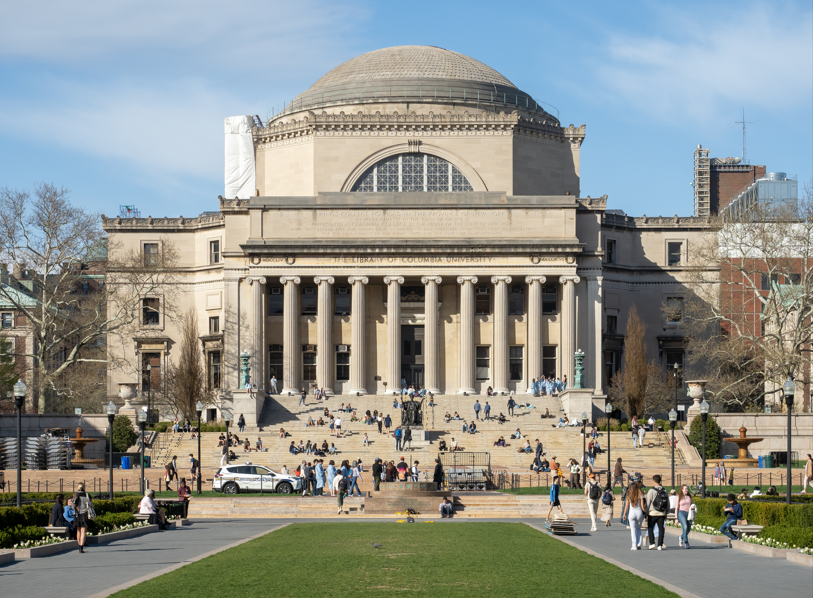American universities face escalating threats to their autonomy and academic freedom under President Donald Trump’s administration. Recent federal actions have intensified scrutiny and imposed financial penalties on institutions deemed non-compliant with the administration’s directives, raising concerns about the future of higher education in the United States.
In early March, the Trump administration revoked $400 million in federal research funding from Columbia University, citing violations of Title VI due to the university’s failure to address harassment of Jewish students. The administration subsequently issued a list of conditions for reinstating the funds, which Columbia has begun to implement, including hiring additional campus police with authority over student activities and appointing a senior vice-provost to oversee specific academic departments. These measures have sparked debates over the balance between compliance and the preservation of academic freedom.
Harvard University now faces a comprehensive review of its federal funding, totaling approximately $9 billion, following allegations of inadequate protection against antisemitic discrimination on campus. This review mirrors actions taken against Columbia and emphasizes a broader pattern of federal intervention in university governance.
These developments have sparked significant concern within the academic community. Faculty members and students report a chilling effect on free expression, drawing parallels to the McCarthy-era suppression of opposing voices. Legal experts warn that such federal overreach threatens the fundamental principles of academic inquiry and open debate essential to democratic societies.
The ramifications extend beyond institutional policies to the broader academic workforce. Notably, three esteemed Yale University professors, Jason Stanley, Timothy Snyder and Marci Shore, have announced their departure to the University of Toronto. They cite the current political climate and targeted actions against higher education as primary factors influencing their decision, highlighting the risk of a “brain drain” as scholars seek more supportive environments abroad.
These interventions coincide with a systemic decline in federal funding for research and development, which has decreased from approximately 1.86% of GDP in the 1960s to below 0.70% today. This reduction undermines the ability of universities to admit and support Ph.D. students, particularly in disciplines that foster critical analysis and challenge prevailing ideologies. For instance, the University of Pennsylvania’s history department has significantly reduced its Ph.D. admissions due to financial constraints, jeopardizing scholarly research and mentorship continuity.
The combination of political pressure and financial constraints poses a significant threat to the role of universities as defenders of diverse thought and democratic values. Academic freedom enables scholars to pursue truth, challenge assumptions and contribute to societal progress without fear of retribution. Eroding this freedom risks not only the integrity of higher education but also the broader democratic principles that rely on informed, critical discourse.
Addressing these challenges requires a collective effort from academic institutions, policymakers and society at large to reaffirm the importance of intellectual freedom and resist interferences that undermine the pursuit of knowledge. Ensuring that universities remain spaces for open inquiry and debate is not solely an institutional concern but a societal duty, vital for the health and vibrancy of democracy itself.







